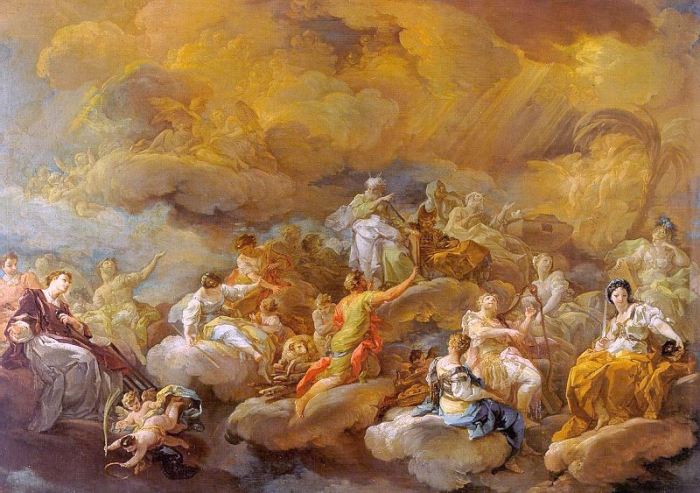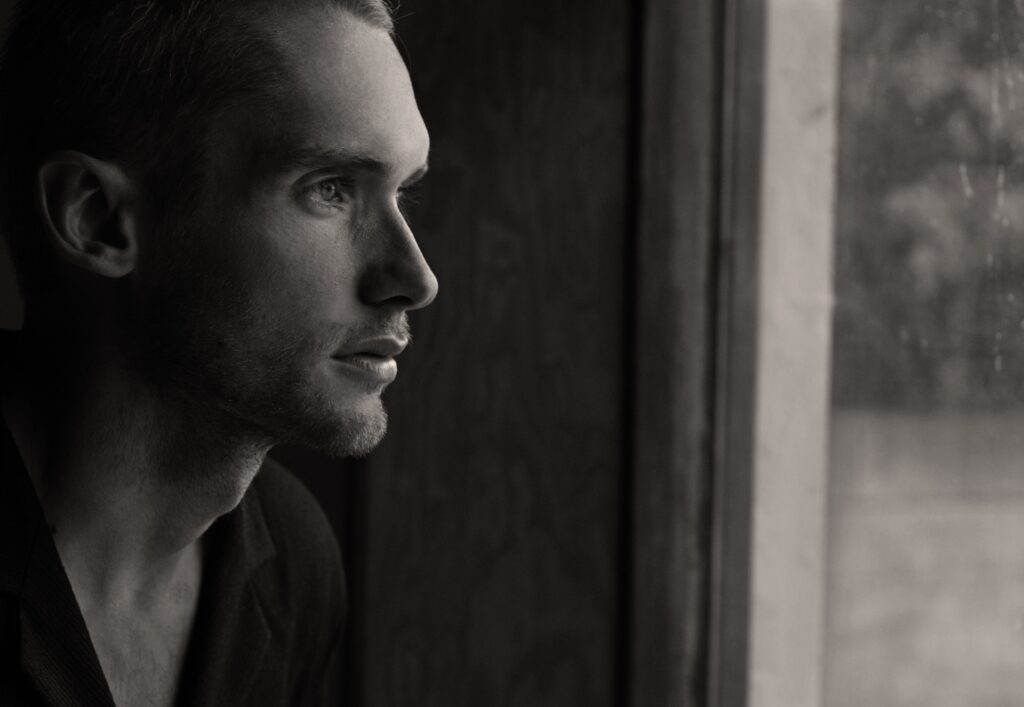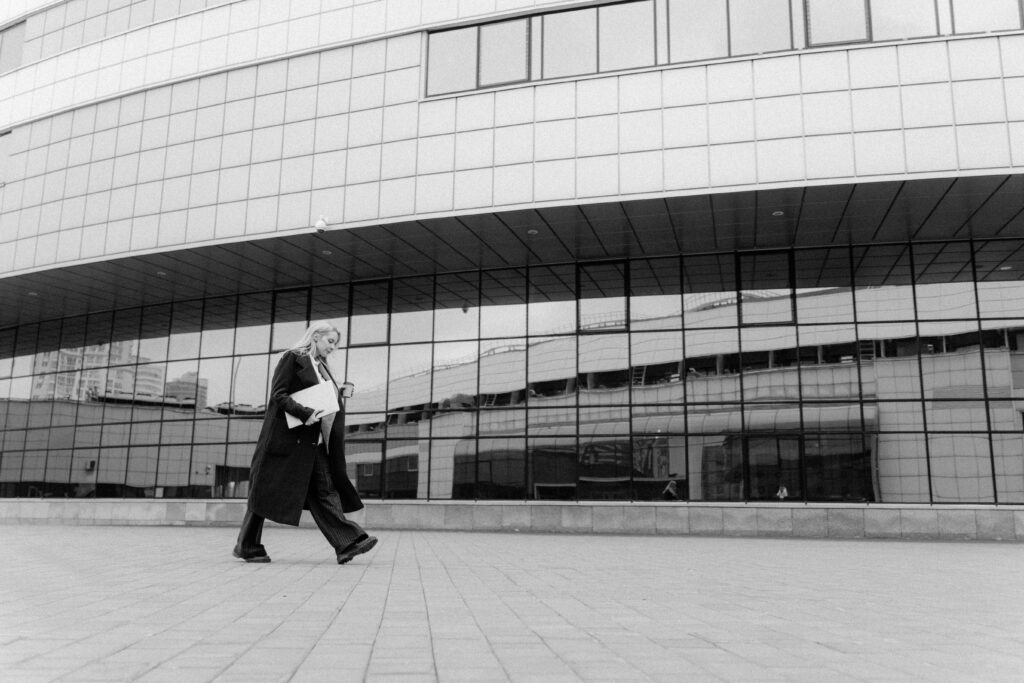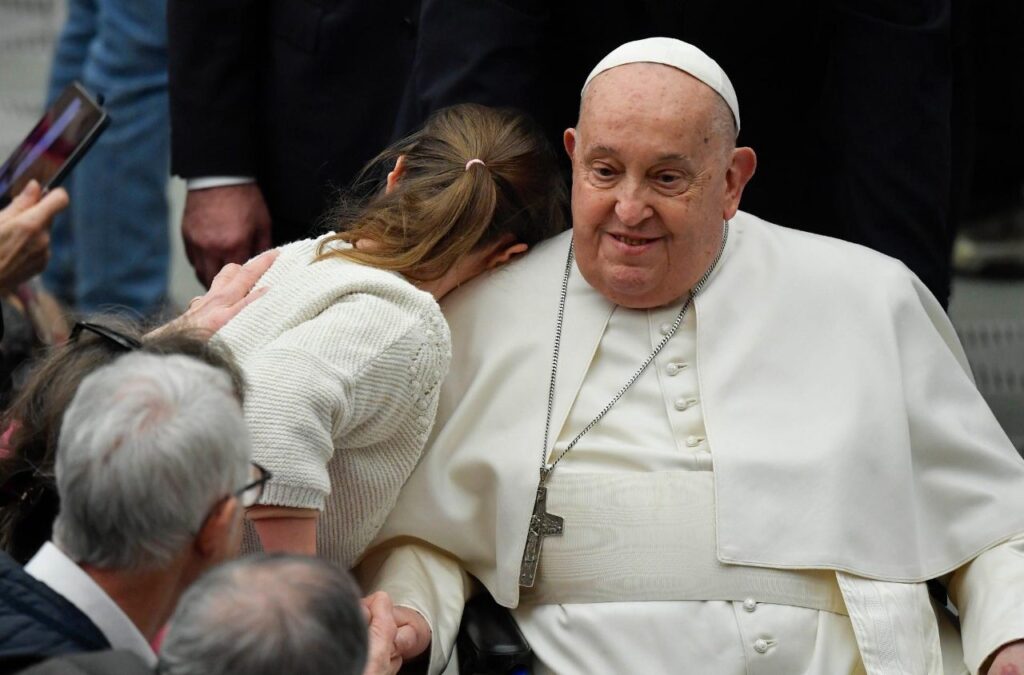Rescuing the invisible
Giving a voice to those whom society has forgotten

Some people die before they die, who are invisible, even after they die. Paqui’s mother cried twice over the death of her daughter, first because of that fateful heart attack that took her away. And second, because her daughter was denied the slightest grief for her death. Paqui, due to her cognitive difficulties since birth, was unable to become independent and was for her mother an eternal companion of confidence and the reason for her sleepless nights. She would never have imagined that when she was told of her daughter’s peculiarity, which she initially interpreted as misfortune, it would bring her so much joy. Because Paqui always smiled. Her mother not only cried over her death, which hurt her, but she was even more hurt by the judgment of the “good people” who told her that God had favored her with the death of her daughter since he had freed her from a burden. “God has done so much good for her,” they said. For her daughter Paqui, according to acquaintances, death meant a cleansing of something that was in the way. They ignored the intense bond between mother and daughter. For them, Paqui was invisible as a person. She did not deserve to cry. It was difficult to heal the pain of this mother who needed a space to mourn what society denied her. For the mourning group, her daughter Paqui was not invisible, neither was her death nor the mother’s pain at the death of her daughter.
Another case that has reached me these days is that of Juan. He is a friend with whom we talk from time to time. He complained about how he is ignored at the events that celebrate the anniversary of the company, of which, together with two other partners, he was the founder. Even today, after forty years, products that he created are sold. For years, he has suffered from an illness that prevents him from going out on the street and much less from participating in the anniversary celebrations. The fact that he is ignored at events and, above all, in the media, makes him shy away from coming out of hiding. He no longer exists in the business and social world. When one of the partners has mentioned him in interviews, the journalist has not shown any interest in knowing about Juan’s life.
The illness is ugly and if it is not to provoke morbid curiosity, it tends to be ignored. Especially when the atmosphere of the conversation is happy and successful. Juan, when he hears or reads the news from his former company, becomes indignant. He feels dead before dying. Suddenly he is invisible to society.
Another case is that of a friend of my late mother. She is hospitalized with dementia problems. At first, it was difficult to visit her because the conversation led to incoherence that were difficult to follow. But now, after time has passed, when interaction seems impossible, visits are rarer.
There are also those who are born invisible and remain invisible all their lives. In the city where I live, with more than two hundred thousand inhabitants, there are areas where if you don’t live there, you never go. They are the invisible peripheries. A recent report by Caritas said that eight out of ten children who are born and live in marginality will continue to be marginalized throughout their lives.
The list could be longer, I don’t want to tire you out. Nor is visibility solid and advantageous. Living in anonymity, in decent conditions, has its advantages. Among others, living without the stress that comes with making your way to notoriety. On the other hand, in a fluid society, where everything is changing, visibility, news, is more of an image than content. You see more than you read. And if reading leads to thinking, it becomes uncomfortable.
Invisibility does not depend so much on the circumstances of the person, but on who is looking.
On one occasion, or rather, on more than one occasion, I was required to assist the dying. They received the Anointing of the Sick and rarely the Viaticum, due to the sedation conditions. The fact is that I usually visited them again after a couple of days. On one of these visits, when I asked the daughters about the state of health of the mother, they told me plainly: “what you did to her was useless, she is still alive.” In these cases, the best thing is to act as if we do not understand the answer. But I could not help but think of the different treatment of Rafael, the husband of a patient who had been in a coma for several decades. He was on the same hospital floor as the previous patient. Rafael came a couple of hours before lunch and left at dusk. His wife, always expressionless, barely stammered at the verbal and tactile expressions of her husband. He was the only one who understood her. For Rafael, his wife Carmen was not invisible. On the contrary, she was the woman of his life. His love, his attention, kept her alive. Someone loved her.
In the celebration of All Saints and the Faithful Departed, the Church gives visibility to the multitudes of people who have preceded us, some to ask for their intercession (All Saints’ Day) and others to pray for them (All Souls’ Day). Both to unite them in communion with the Easter of Jesus.
Although we are reminded that death makes us equal, that all honor and vainglory fade away, the liturgy of these days takes us to our God who does look at us, recognizes us and eternalizes us with his love. For Him, no one is invisible.
Let us first remember the human reality, where time is responsible for catapulting ephemeral visualities into the short or long term. Everything is forgotten. Psalm 103:15 “A man’s life is like grass; it springs up like a wild flower; as soon as the wind blows it, it is gone, and no one knows of it again.” And in Psalm 90:5-6 “You destroy mortals. They are like a dream. They spring up in the morning, like the grass that springs up in the morning, but at night it is withered and dry.” But we are left with the words of Isaiah 49.15: “Can a woman forget her nursing child, or have no compassion on the son of her womb? Though she forgot, I will not forget you.”
In these days dedicated to the dead, we are reminded that God loves more than a mother and that his memory is infinite. There is a phrase that is repeated in funerals, especially in non-religious ones, and it comes to mean that as long as we remember the deceased, he will have life. That is, according to the mourners who express themselves in this way, eternity is limited to the memory of two or three generations. We collect some of them. We see that the life of the deceased expires with the death of the one who remembers it:
«Your legacy will live through the people you touched with your life».
«Although you are no longer physically here, your love and your light will always accompany us».
«Your legacy of love and hope will always live in our hearts».
The celebration of All Saints’ Day is a response to the invisibility that kills and suppresses the person. For God we are not invisible.
Yes, we exist, because we are someone for someone. For God, we always are. The Church invites us to celebrate the Love of God in those who were very close to Him through Love. It also invites us to pray, to be close to those who died and walk until they reach the true Light that is Christ.
To live the visibility of God, there is nothing better than reading from time to time the gospel of the day of the feast of All Saints’ Day: Matthew (5,1-12):
Seeing the crowds, he went up the mountain, sat down, and his disciples came to him. And he began to teach them, saying: “Blessed are the poor in spirit, for theirs is the kingdom of heaven. Blessed are the meek, for they will inherit the earth. Blessed are those who mourn, for they will be comforted. Blessed are those who hunger and thirst for righteousness, for they will be satisfied. Blessed are the merciful, for they will obtain mercy. Blessed are the pure in heart, for they will see God. Blessed are the peacemakers, for they will be called children of God. Blessed are those who are persecuted for righteousness’ sake, for theirs is the kingdom of heaven. Blessed are you when people revile you and persecute you and say all kinds of evil against you falsely because of me. Rejoice and be glad, for great is your reward in heaven, for in the same way they persecuted the prophets who were before you.”
Related

Divine Mercy, the Small and the Great
José María Montiu de Nuix
27 April, 2025
5 min

Reversing Social Deterioration: A Task That Begins in Business Management
Alejandro Fontana
25 April, 2025
4 min

The Revolution of Tenderness
María Elizabeth de los Ríos
25 April, 2025
3 min

His Hope Does Not Die!
Mario J. Paredes
24 April, 2025
6 min
 (EN)
(EN)
 (ES)
(ES)
 (IT)
(IT)

